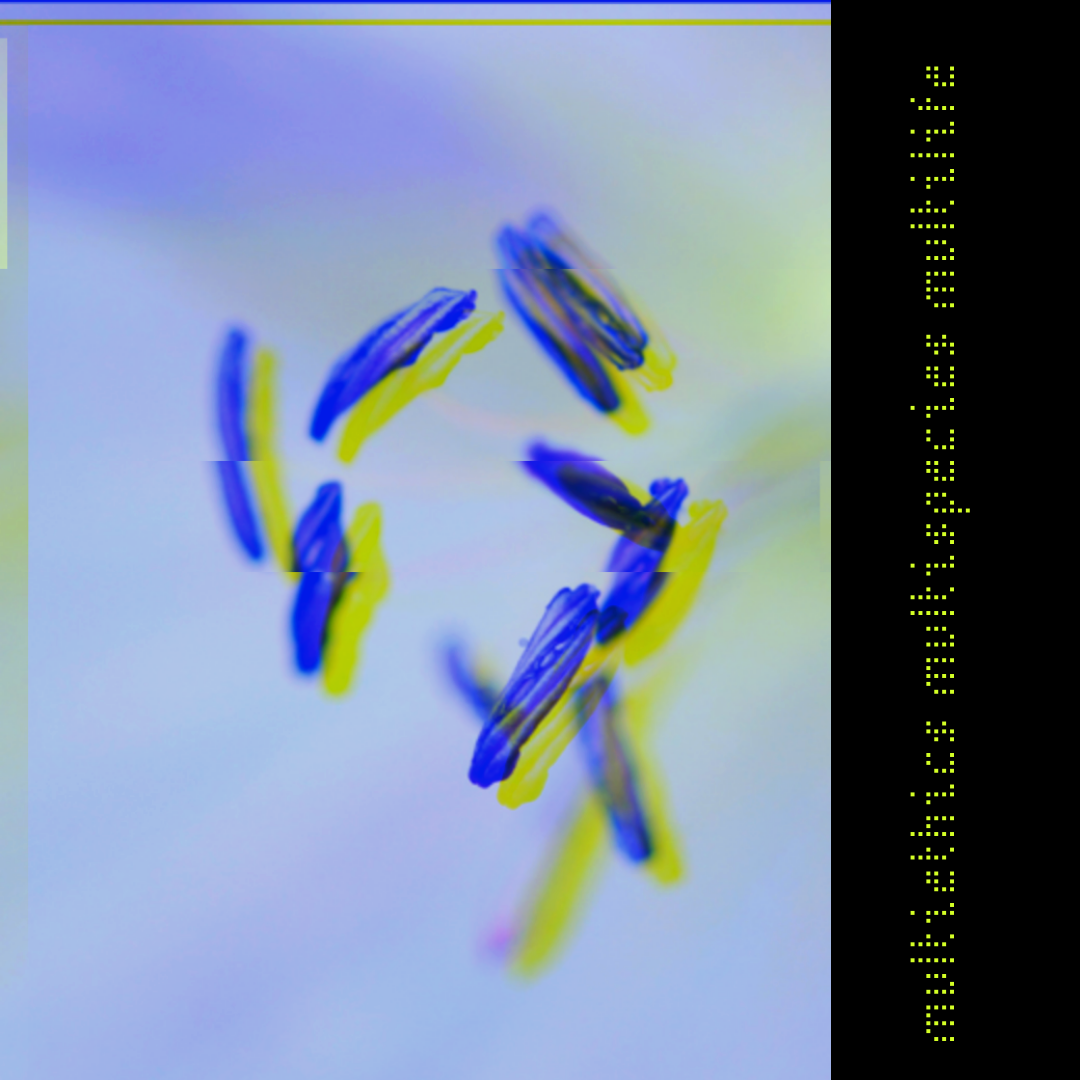
Theodora Ziolkowski
Artist Statement: Talking & Listening to Plants
I once had a complicated relationship with sunflowers, which serve as the springboard for the memory that intercepts the speaker in, “For days, the sunflowers watch me.” On the one hand, sunflowers appear almost comically cheery, like a Jim Henson’s Muppet version of a flower. On the other, they are inextricably linked to the water nymph, Clytie, and thus radiate a kind of sadness to me. In a version of the myth, Clytie, infatuated with the sun god Apollo, seeks revenge when she discovers that he has garnered a new beloved. Clytie’s revenge is simple and could easily be the inciting incident in a romcom: She tells the father of Apollo’s new lover about her affair with Apollo, spurring not a story about a woman whose life expands, having put an old relationship to bed, but a story about a woman who is punished for what she has said. Buried alive, fated to forever turn her head toward the sun. Clytie’s punishment far from matches her indiscretion.
For years, I have looked at sunflowers as a kind of tragic-comic flower I never quite knew how to feel about. Last summer, however, I moved from Houston to Kearney, Nebraska, where sunflowers abound in the summer, and I began to find comfort in being surrounded by all that yellow while biking on the bike path or walking to campus. Recently, to acquaint myself more deeply with the flowers, I gave them a Google. Among what I learned is this: Sunflowers can self-pollinate. They don’t depend on anything to grow or to procreate, not even the bees. They can look after themselves.
As a writer, I am continually driven by questions. After penning a given image or declaration, I often wonder: what would lead a person to think or say something like whatever I have just written?
There is so much I don’t know, and for that I am glad: Not knowing is what prompts me to take up my pen. The botanical world, with all its wonders, reminds me of how little I know and gives me the courage to ask.
Theodora Ziolkowski is the author of the novella On the Rocks, winner of a 2018 Next Generation Indie Book Award, and the short story chapbook Mother Tongues. Her fiction, poetry, and essays have appeared in Glimmer Train, The Writer's Chronicle, Short Fiction (England), and elsewhere. Previously, Theodora served as Poetry Editor for Gulf Coast and Fiction Editor for Big Fiction. She currently teaches creative writing as an Assistant Professor at the University of Nebraska at Kearney. Her debut collection of poems, Ghostlit, is forthcoming from Texas Review Press in Spring 2025. Find her at theodoraziolkowski.com

